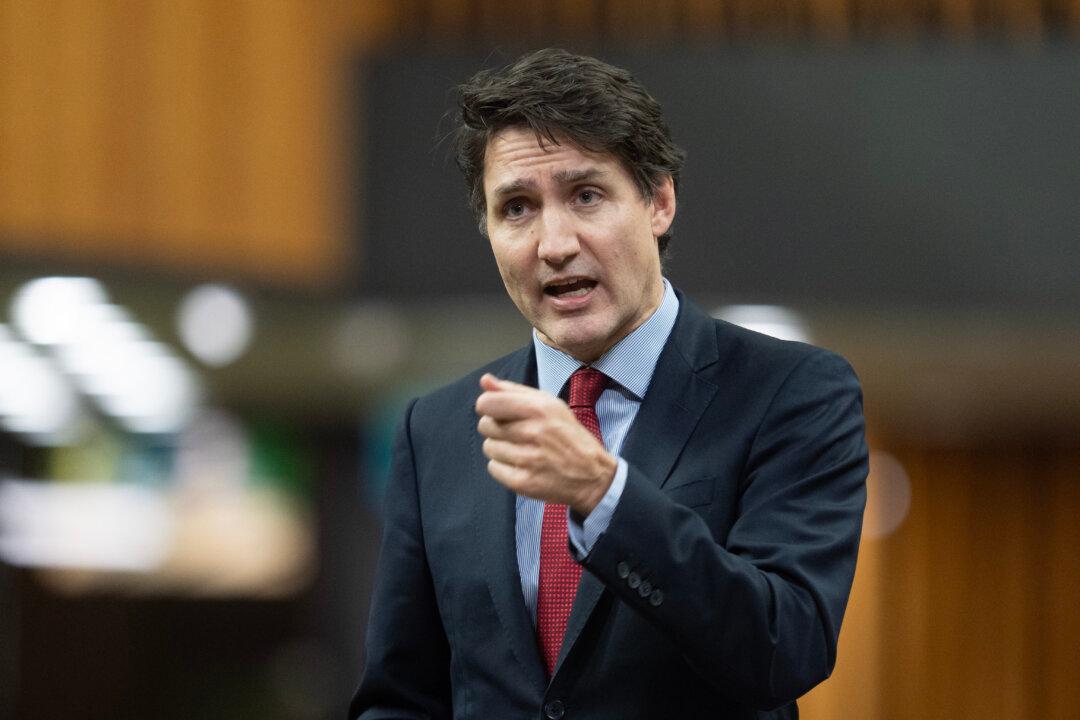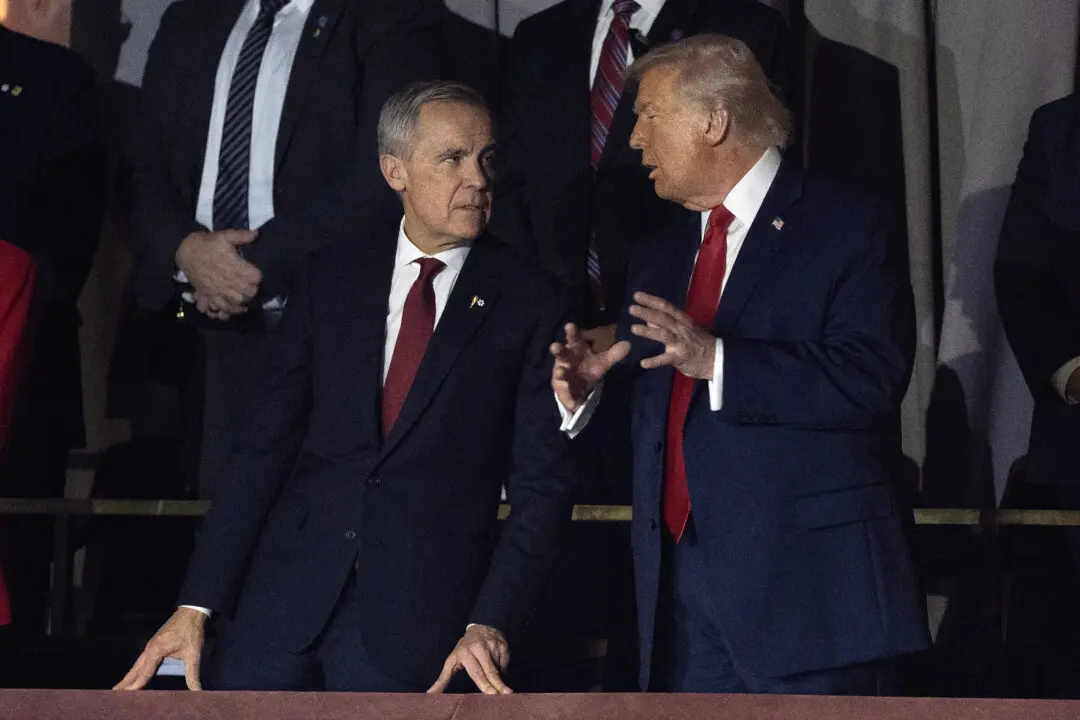The “Team Canada” approach promoted by Ottawa to deal with the tariff threat by the incoming U.S. administration has been strained recently, with premiers divided over how best to respond, and one of them calling for an early federal election.
Some premiers have criticized Ontario Premier Doug Ford’s remark that he may cut off energy exports to the United States if President-elect Donald Trump proceeds with his 25 percent tariff on all Canadian imports, while several conservative premiers are criticizing the federal government’s handling of the issue.





